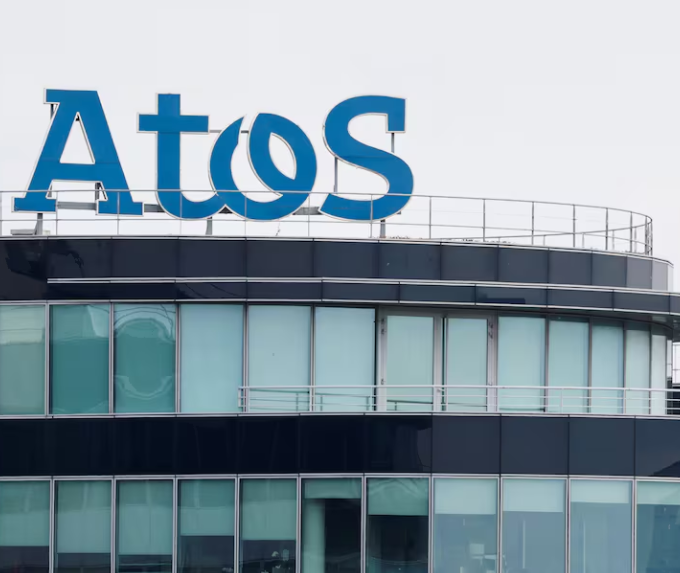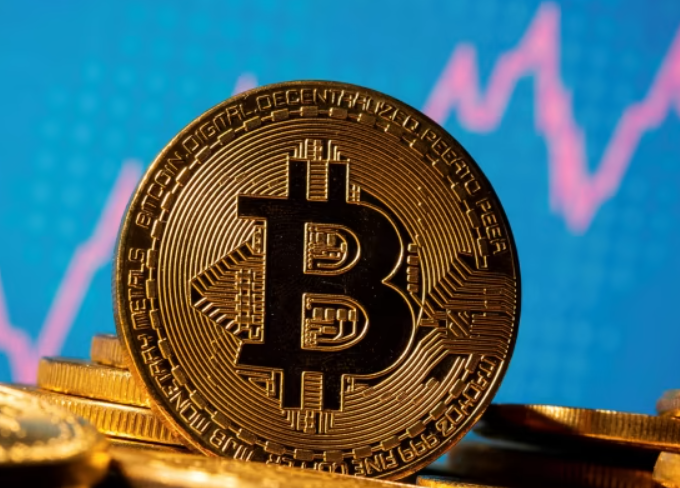- Home
- Billionaires
- Investing Newsletters
- 193CC 1000
- Article Layout 2
- Article Layout 3
- Article Layout 4
- Article Layout 5
- Article Layout 6
- Article Layout 7
- Article Layout 8
- Article Layout 9
- Article Layout 10
- Article Layout 11
- Article Layout 12
- Article Layout 13
- Article Layout 14
- Article Sidebar
- Post Format
- pages
- Archive Layouts
- Post Gallery
- Post Video Background
- Post Review
- Sponsored Post
- Leadership
- Business
- Money
- Small Business
- Innovation
- Shop
Recent Posts
Oil Prices Surge as US Sanctions Target Russian Supply Chain to Asia, Disrupting Global Energy Markets

In a significant development that has sent shockwaves through global energy markets, oil prices have surged to their highest levels in four months, with Brent crude climbing above $81 per barrel following sweeping new US sanctions targeting Russia’s oil sector. The US Treasury’s latest sanctions, imposed on Friday, mark the most aggressive measures yet against Moscow’s energy industry, affecting two major Russian oil producers and 183 vessels involved in Russian oil shipments.
The sanctions specifically target Russian oil producers Gazprom Neft and Surgutneftegas, along with a vast network of tankers that have been crucial in maintaining Russia’s oil exports to Asia. Of particular significance is the impact on 143 oil tankers that handled over 530 million barrels of Russian crude last year, representing approximately 42% of Russia’s total seaborne crude exports.
The measures are already causing significant disruption to the established trade patterns that emerged following the 2022 Western sanctions and G7 price cap, which had effectively redirected Russian oil flows from Europe to Asia2. China and India, who emerged as the primary beneficiaries of discounted Russian crude following the Ukraine invasion, are now facing substantial challenges in maintaining their current import levels.
The impact is particularly severe for China, where nearly 300 million barrels of sanctioned oil shipments were destined last year. Chinese independent refiners, especially in the Shandong province, are expected to face significant operational challenges, with some already preparing to cut refining output. In a preemptive move, China’s state-owned Shandong Port Group has already banned vessels listed under the US Office of Foreign Assets Control from docking at its facilities.
India, which had increased its Russian crude imports to 1.764 million barrels per day in the first 11 months of last year (representing 36% of its total imports), is now scrambling to secure alternative supplies. Industry experts suggest that both Asian giants will need to pivot back to traditional suppliers in the Middle East, Africa, and the Americas, potentially leading to higher prices and increased freight costs.
The market response has been immediate and significant. Global benchmark Brent crude has recorded its largest one-day advance since October, jumping 3.7% in the previous session. Analysts at RBC Capital estimate that the latest sanctions affect vessels associated with an average of 1.5 million barrels per day of Russian seaborne crude oil activity in 2024.
The timing of these sanctions is particularly crucial, coming just weeks before Donald Trump’s expected return to the White House. Market observers are closely watching whether the incoming administration might further tighten sanctions on Iranian oil exports, potentially adding another layer of complexity to global oil supply dynamics.
The Russian foreign ministry has strongly denounced these measures, promising to respond to what it terms as “hostile” actions. Meanwhile, the global oil market is already showing signs of tightening, with winter demand increasing and US stockpiles falling.
For the global energy market, these sanctions represent a significant shift in the geopolitical landscape, potentially leading to a major realignment of oil trade flows. The immediate challenge for China and India will be securing alternative supplies while managing the impact on their domestic energy costs and economic growth.
- African oil
- Americas oil
- Asian economy
- Asian markets
- Brent crude
- China
- commodity markets
- crude oil
- Donald Trump
- Economic impact
- economic sanctions
- energy alternatives
- energy costs
- energy diplomacy
- energy infrastructure
- energy markets
- Energy Policy
- energy politics
- Energy Sector
- Energy Security
- energy trade
- freight rates
- Gazprom Neft
- Geopolitics
- global commerce
- global energy
- global trade
- independent refiners
- India
- international sanctions
- international trade
- Iranian sanctions
- maritime logistics
- maritime shipping
- market analysis
- Market Dynamics
- Middle East oil
- OFAC
- oil benchmarks
- oil demand
- oil exports
- Oil Prices
- oil refineries
- oil stockpiles
- oil supply chain
- oil tankers
- price volatility
- Russia
- sanctions impact
- seaborne trade
- Shandong province
- supply disruption
- Surgutneftegas
- trade relations
- US sanctions
- winter demand
Recent Posts
Categories
- 193 Countries Consortium Partner1
- 193cc Digital Assets2
- 5G1
- Aerospace & Defense48
- AI37
- Arts3
- Banking & Insurance11
- Big Data3
- Billionaires1,261
- Boats & Planes1
- Business332
- Careers13
- Cars & Bikes79
- CEO Network1
- CFO Network17
- CHRO Network1
- CIO Network1
- Cloud10
- CMO Network18
- Commercial Real Estate7
- Consultant1
- Consumer Tech194
- CxO1
- Cybersecurity73
- Dining1
- Diversity, Equity & Inclusion4
- Education7
- Energy8
- Enterprise Tech29
- Events11
- Fintech1
- Food & Drink2
- Franchises1
- Freelance1
- Future Of Work2
- Games149
- GIG1
- Healthcare79
- Hollywood & Entertainment203
- Houses1
- India’s 1000 Richest1
- Innovation46
- Investing2
- Investing Newsletters4
- Leadership65
- Lifestyle11
- Manufacturing1
- Markets20
- Media327
- Mobile phone1
- Money13
- Personal Finance2
- Policy569
- Real Estate1
- Research6
- Retail1
- Retirement1
- Small Business1
- SportsMoney42
- Style & Beauty1
- Success Income1
- Taxes2
- Travel10
- Uncategorized13
- Vices1
- Watches & Jewelry2
- world's billionaires1,230
- Worlds Richest Self-Made Women2
Related Articles
Atos Surpasses 2024 Liquidity Targets with €2.19 Billion Year-End Position, Marking Strong Financial Recovery
French IT giant Atos SE has announced its estimated liquidity position for...
By 193cc Agency CouncilJanuary 22, 2025Innovative Gaming Meets Sustainability: Cranfield School’s “Game of Life” Wins Prestigious FT Teaching Award
In a significant recognition of innovative educational approaches, Cranfield School of Management...
By 193cc Agency CouncilJanuary 22, 2025Bitcoin Shatters Records, Surges Past $109,000 as Trump’s Inauguration Fuels Crypto Rally
In a historic moment for the cryptocurrency market, Bitcoin reached an unprecedented...
By 193cc Agency CouncilJanuary 20, 2025Billions in Child Trust Funds Remain Unclaimed as Young Adults Miss Out on Financial Windfall
A staggering £1.4 billion in Child Trust Funds (CTFs) remains unclaimed, with...
By 193cc Agency CouncilJanuary 20, 2025















Leave a comment